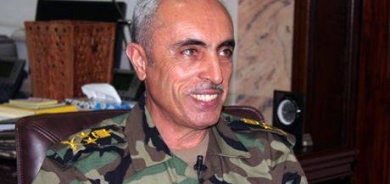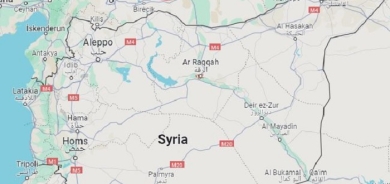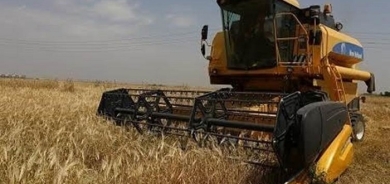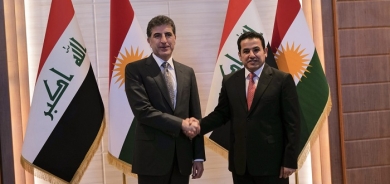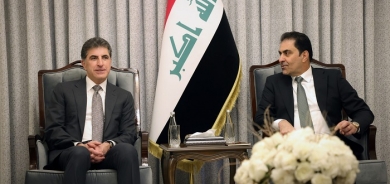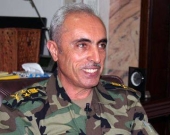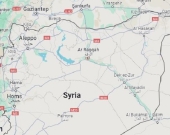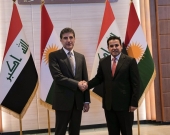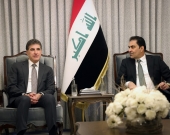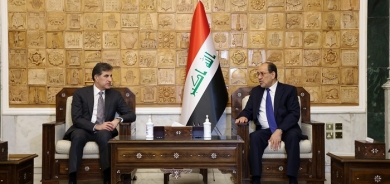Amnesty International calls on Iraq to reveal the fate of about 650 missing persons
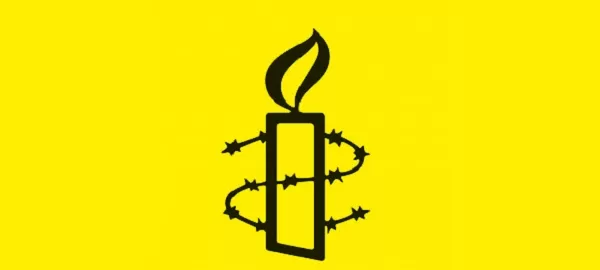
Amnesty International called on Iraq on Thursday to reveal the fate of 643 Sunni men and youths kidnapped five years ago by Shiite paramilitary groups, which have since become affiliated with the country.
The organization explained in its report that these people lost during an operation of the Popular Mobilization, the alliance dominated by armed factions loyal to Iran, to retake Fallujah in June 2016, from the Islamic State organization, which was dominating the Sunni provinces in the country at the time. The report adds that "on the same night, at least 643 of them were put into buses and a large truck, and they are so far missing", while the rest of them reported that they were "tortured and ill-treated."
During the war against the Islamic State, NGOs and families denounced abuses by all sides. The conflict has caused many groups to launch revenge attacks with sectarian motives, between Shiites and Sunnis, or ethnically, between Kurds and Arabs.
Officially, the Popular Mobilization denies abducting or arbitrarily arresting people, but its leaders assert that they have imprisoned individuals and "jihadists" without providing actual evidence that these male or female prisoners actually belong to the Islamic State.
Sunnis in Iraq say that they are the focus of discrimination after the stage of the control of the Islamic State, as thousands of them were arrested and convicted of imprisonment or death, accusing them of belonging to the organization.
Human rights defenders are currently denouncing the issue of the fate of the displaced following the war against ISIS, while the Iraqi government has closed “16 camps over the past seven months, leaving at least 34,801 displaced people without guaranteeing their ability to return to their homes safely, or to secure another safe shelter.” or access to affordable services,” according to a Human Rights Watch report.
Those displaced, who have been forced to leave their villages, often return to destroyed homes or are not welcomed by their communities, accused of being "terrorists".

